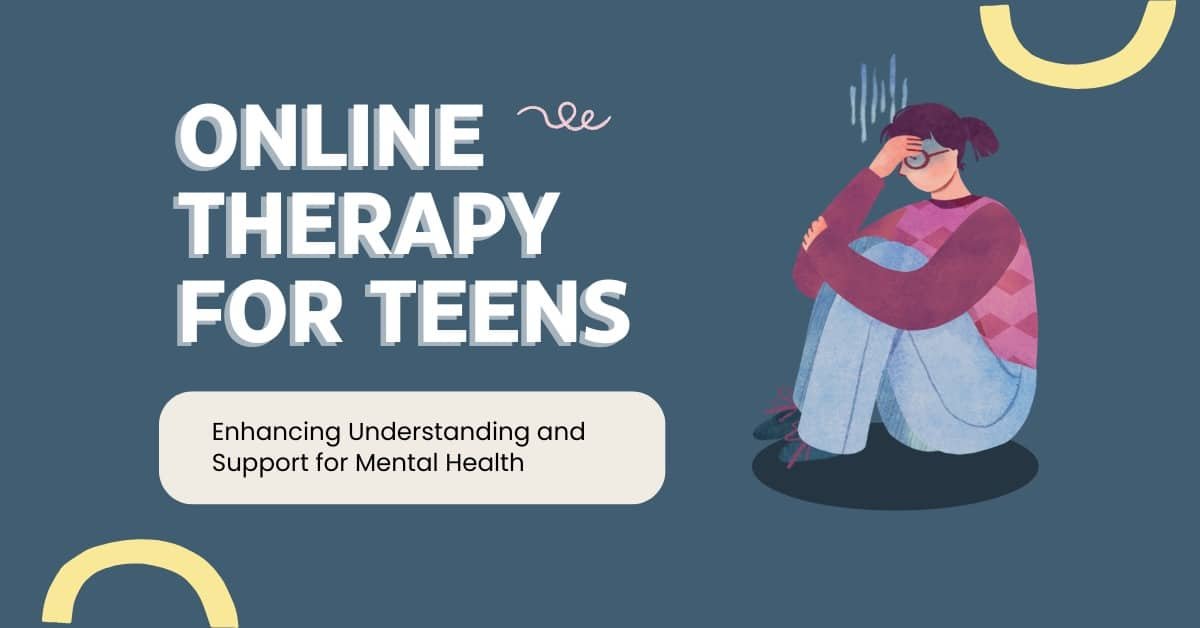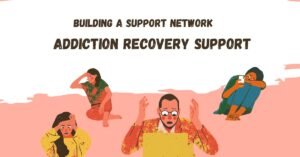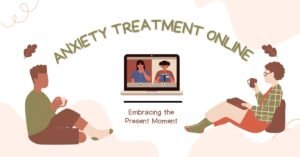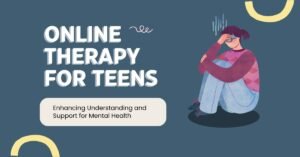In recent years, the landscape of mental health support has undergone a significant transformation, with online therapy emerging as a vital resource, especially for adolescents. As technology becomes increasingly ingrained in daily life, mental health services have adapted, offering new avenues for assistance that align with the digital preferences of today’s youth. Online therapy for teens is growing, driven by its accessibility and the unique benefits it provides. However, this approach also faces challenges that must be carefully managed to ensure effective support.
Benefits of Online Therapy for Teens
Accessibility and Convenience
One of the most significant advantages of online mental health services is their accessibility. Teens grappling with mental health issues can access professional help regardless of their location, eliminating barriers like transportation and availability of local mental health resources. This is particularly beneficial for those in rural or underserved areas where mental health services are scarce. Additionally, online therapy can be scheduled around a teen’s busy academic and extracurricular life, providing flexibility that traditional therapy sessions may not offer.
Anonymity and Comfort
Many teens feel more comfortable communicating digitally than face-to-face. Online therapy offers a level of anonymity that can reduce the stigma associated with seeking help for mental health issues. This can be particularly empowering for teens who might feel embarrassed or fearful about speaking openly. Being in a familiar, secure environment such as their home can also reduce the anxiety associated with therapy sessions, making them more likely to engage openly and honestly.
Tailored and Diverse Therapeutic Options
Online therapy provides access to a broader range of therapeutic practices and specialists, allowing for more personalized and effective treatment plans. Teens with specific mental health needs can find therapists who specialize in certain areas of mental health, like anxiety, depression, or LGBTQ+ issues, which might not be available locally.
Challenges of Online Therapy for Teens
Privacy and Confidentiality Concerns
While online therapy offers convenience and accessibility, it also raises significant privacy concerns. Ensuring that conversations and data are secure from breaches is crucial. Therapists and platforms must adhere to strict privacy regulations like HIPAA in the U.S., to protect sensitive information from unauthorized access or exposure.
Technological Barriers
Dependency on technology can also pose challenges. Not all families have access to reliable internet or the devices needed to facilitate online therapy. Technical issues can also disrupt sessions, potentially affecting the therapeutic process and the teen’s ability to engage with therapy effectively.
Limitations of Virtual Interaction
The absence of physical presence in therapy can limit the therapist’s ability to fully assess a patient through non-verbal cues like body language, which can be very telling in mental health assessments. This might lead to misunderstandings or a lack of depth in the therapeutic relationship, potentially impacting the effectiveness of the treatment.
Navigating the Challenges
To maximize the benefits while minimizing the risks, mental health platforms and therapists offering online therapy must implement robust security measures to protect patient data. Educating families about the importance of a private, uninterrupted space for therapy sessions can also help in maintaining confidentiality.
Additionally, ensuring that therapists are well-trained in delivering online therapy can help overcome some of the limitations of virtual interactions. Ongoing training can equip therapists with the skills needed to engage with teens effectively, even in a virtual environment.
Conclusion
The trend of online therapy for teens is poised for growth, given its alignment with the digital preferences of younger generations and the expanding accessibility it offers. While there are challenges to be navigated, the potential benefits—increased accessibility, reduced stigma, and tailored treatment approaches—make it a promising option for addressing the mental health needs of adolescents. As the field evolves, continued advancements in technology and therapeutic practices are expected to enhance the efficacy and reach of online mental health services for teens.







